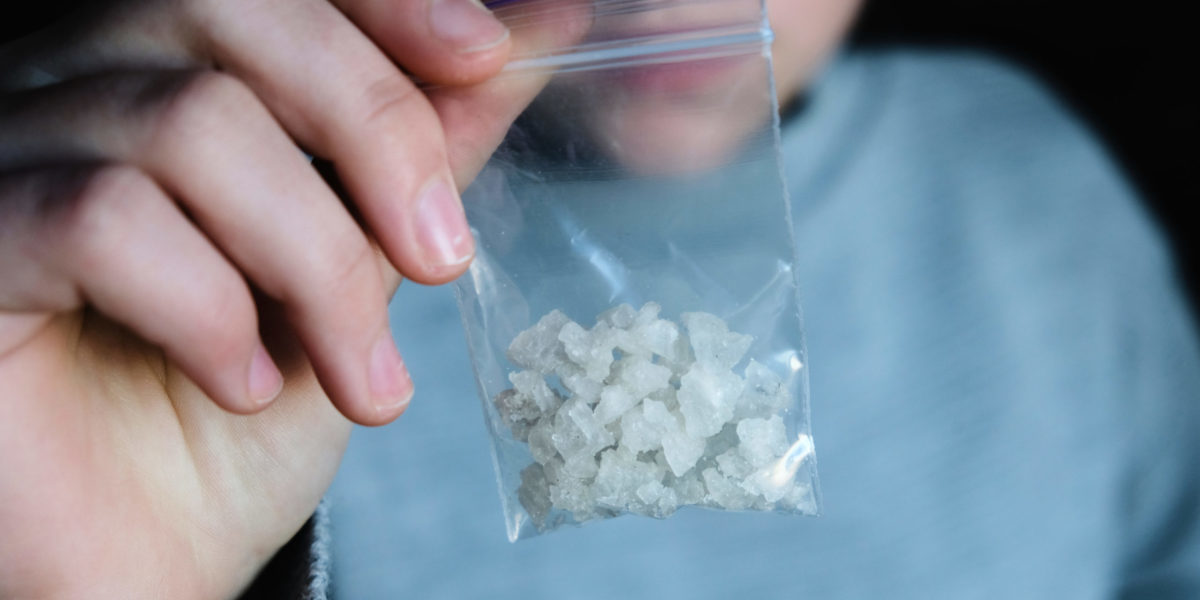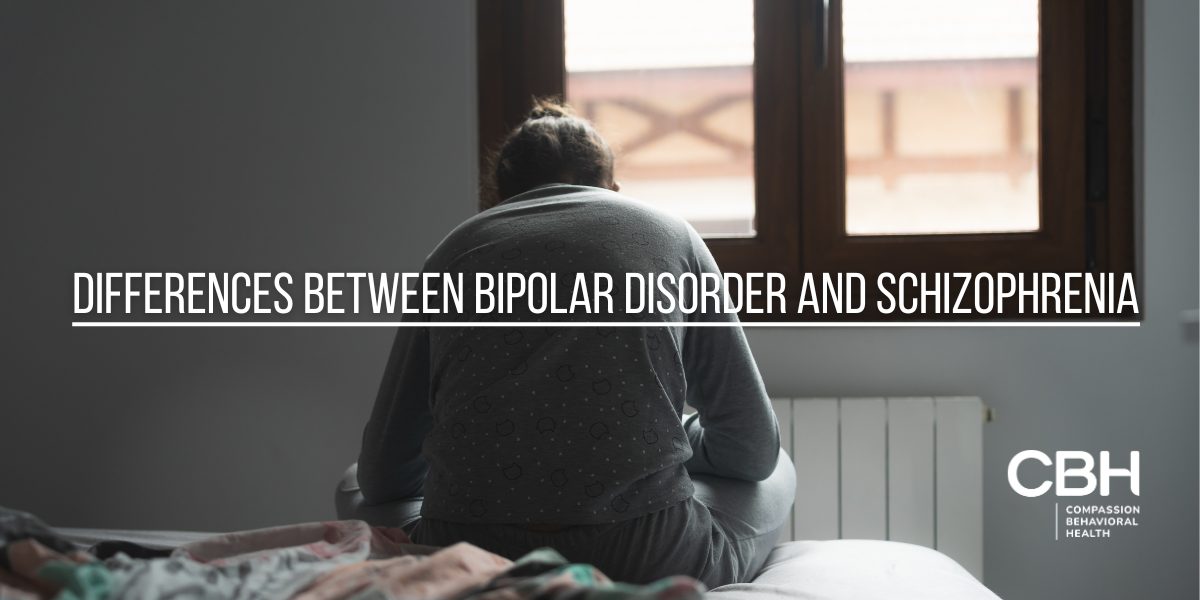Native American communities have long faced numerous mental health struggles, many of which are rooted in historical processes that have contributed to social, economic, and cultural trauma. Through the centuries, colonization, forced assimilation, and other forms of persecution have had profound effects on the mental health of Native Americans, leading to the development of serious mental health issues that continue to impact these communities today.
The Historical Context of Mental Health in Native American Communities
Colonization and Its Impact on Native American Mental Health
One of the most significant contributors to mental health issues within Native American communities can be traced back to the impact of colonization. Beginning in the 15th century, Western European powers began to colonize and establish settlements in North America, leading to the systematic destruction of indigenous cultures and ways of life. These acts of aggression uprooted traditional belief systems and social structures, forcing Native Americans to adopt new ways of living that often conflicted with their own.
This process ultimately led to intergenerational trauma, as newer generations of Native Americans inherited the pain and suffering of their ancestors who had endured the violent forces of colonization. The implications of this trauma manifested in a myriad of ways, such as the perpetuation of higher rates of poverty, low self-esteem, and poor health outcomes among Native Americans.
Intergenerational Trauma and Its Effects
The lasting effects of intergenerational trauma have lingered for centuries, leading to higher rates of mental illnesses like depression, anxiety, and post-traumatic stress disorder (PTSD) among Native Americans. According to a report by the National Association of Social Workers, “a large proportion of Native American populations have experienced significant trauma, resulting in both physical and mental health disparities.”
For many Native Americans, experiencing trauma has had a profound impact on their sense of self and belief in their place in society. Trauma can lead to feelings of helplessness, despair, and a lack of control, which can amplify the symptoms of mental health problems and exacerbate the difficulties many Native Americans face in accessing appropriate mental health care.
Loss of Cultural Identity and Mental Health
Loss of cultural identity has played a significant role in the challenges that Native Americans face with regards to mental health. The breakdown of traditional social structures and the loss of a sense of community has left many individuals feeling disconnected and displaced. This disconnection can lead to feelings of loneliness and isolation, which can ultimately contribute to the ongoing struggle with mental health issues.
Furthermore, the denial of traditional healing practices and cultural beliefs by the dominant culture has contributed to a long-standing stigma surrounding mental health within Native American populations. Mental illness has often been perceived as a source of disgrace or weakness, leading to a reluctance among Native Americans to seek appropriate mental health care.
Prevalent Mental Health Issues Among Native Americans
Depression and Anxiety
Depression and anxiety are two of the most common mental health issues experienced by Native Americans. According to the National Council for Behavioral Health, depression is actually twice as likely to occur among Native Americans when compared to the general population. Furthermore, anxiety is often associated with the symptoms of PTSD that are also prevalent in Native American communities.
These conditions can have a significant impact on an individual’s ability to function in their daily life, leading to difficulties in maintaining relationships, employment, and other aspects of their well-being.
Substance Abuse and Addiction
Substance abuse and addiction are also significant problems within Native American communities, often developing as a response to the numerous challenges individuals face in their lives. According to the National Institute on Drug Abuse, Native Americans are twice as likely as any other ethnic group to suffer from substance abuse.
Substance abuse can have lasting impacts on an individual’s mental and physical health, leading to addiction, chronic illnesses, and even death.
Suicide Rates and Prevention
Suicide rates within Native American communities have been among the highest in the United States. According to a report by the Centers for Disease Control and Prevention (CDC), Native Americans have a rate of suicide that is 3.5 times higher than the overall rate of the US population.
Preventing suicide in Native American communities requires culturally-sensitive and evidence-based interventions that address the unique needs and challenges faced by these populations. Additionally, education and outreach efforts can help to reduce stigma and increase awareness of mental health resources available to individuals who may be struggling.
Post-Traumatic Stress Disorder (PTSD)
PTSD is a condition that is commonly associated with military combat experiences, but it can also develop after exposure to other forms of trauma. In Native American communities, PTSD often develops as a result of historical trauma and the experiences of colonization.
The effects of PTSD can be severe, leading to symptoms such as nightmares, flashbacks, and severe anxiety. Effective treatment of PTSD requires a comprehensive approach that addresses the emotional, physical, and spiritual needs of the individual, taking into account the cultural background and beliefs of the individual.
Barriers to Mental Health Care for Native Americans
Limited Access to Mental Health Services
One of the primary barriers to accessing mental health care within Native American communities is the limited access to services. Many of these communities are located in rural areas, far from major cities where mental health facilities and professionals are located. This often leaves individuals with little to no access to the care they need to manage their mental health.
Cultural Stigma Surrounding Mental Health
The stigma surrounding mental illness within Native American communities is a significant barrier to seeking mental health care. Negative perceptions of mental health issues, the shame and guilt associated with these issues, and the fear of being ostracized or judged by one’s own community all contribute to the under-utilization of mental health care services.
Socioeconomic Factors Affecting Mental Health Care Access
Socioeconomic factors such as poverty, limited education, and lack of health insurance further exacerbate the limited availability of mental health services within Native American communities. Many individuals simply cannot afford the care they need or struggle to access care due to their financial circumstances.
Lack of Culturally Competent Mental Health Professionals
The lack of culturally-competent mental health professionals also presents a significant challenge within Native American communities. Too often, mental health providers do not understand the unique cultural beliefs and practices of Native American individuals, leading to a lack of trust and reluctance to engage with the mental health care system.
Traditional Healing Practices and Their Role in Mental Health
Despite the challenges that Native American communities face with regards to accessing appropriate mental health care, many have turned to traditional healing practices as an alternative form of treatment. These healing practices often incorporate a holistic approach that takes into account the individual’s physical, emotional, and spiritual well-being.
The Importance of Cultural Connection in Healing
The incorporation of traditional cultural practices and beliefs is critical for the effective treatment of mental health within Native American communities. By connecting individuals with their cultural heritage and reinforcing a sense of self-worth and identity, traditional healing practices are able to offer a unique form of support and guidance for individuals seeking care.
Traditional Healing Methods and Practices
Traditional healing practices can take many forms across different Native American cultures and traditions. Some examples include sweat lodges, herbal remedies, and other forms of holistic healing. Additionally, many Native American communities rely on the guidance of traditional healers who utilize centuries of knowledge and experience to help individuals in need of mental health support.
Integrating Traditional and Western Approaches to Mental Health Care
The integration of traditional and Western approaches to mental health care has shown promise for improving outcomes for Native American individuals struggling with mental health issues. By incorporating elements of traditional healing practices into Western mental health care, providers are able to create a more culturally-sensitive and effective treatment plan that takes into account the unique needs and beliefs of the individual.
Mental Health and Addiction Treatment for Native Americans in South Florida
The mental health struggles faced by Native Americans today are complex and multifaceted, rooted in historical processes and perpetuated by ongoing institutional challenges. However, by addressing these challenges head-on and incorporating traditional healing practices into Western mental health care, there is an opportunity to improve mental health outcomes for Native American communities.
By connecting with individuals on a deeper level and providing evidence-based mental health and addiction treatment, CBH can be a helpful resource in your recovery journey. Give us a calll today and learn more about our Native American programs, (844) 612-0444 and speak with our Admissions coordinators.



